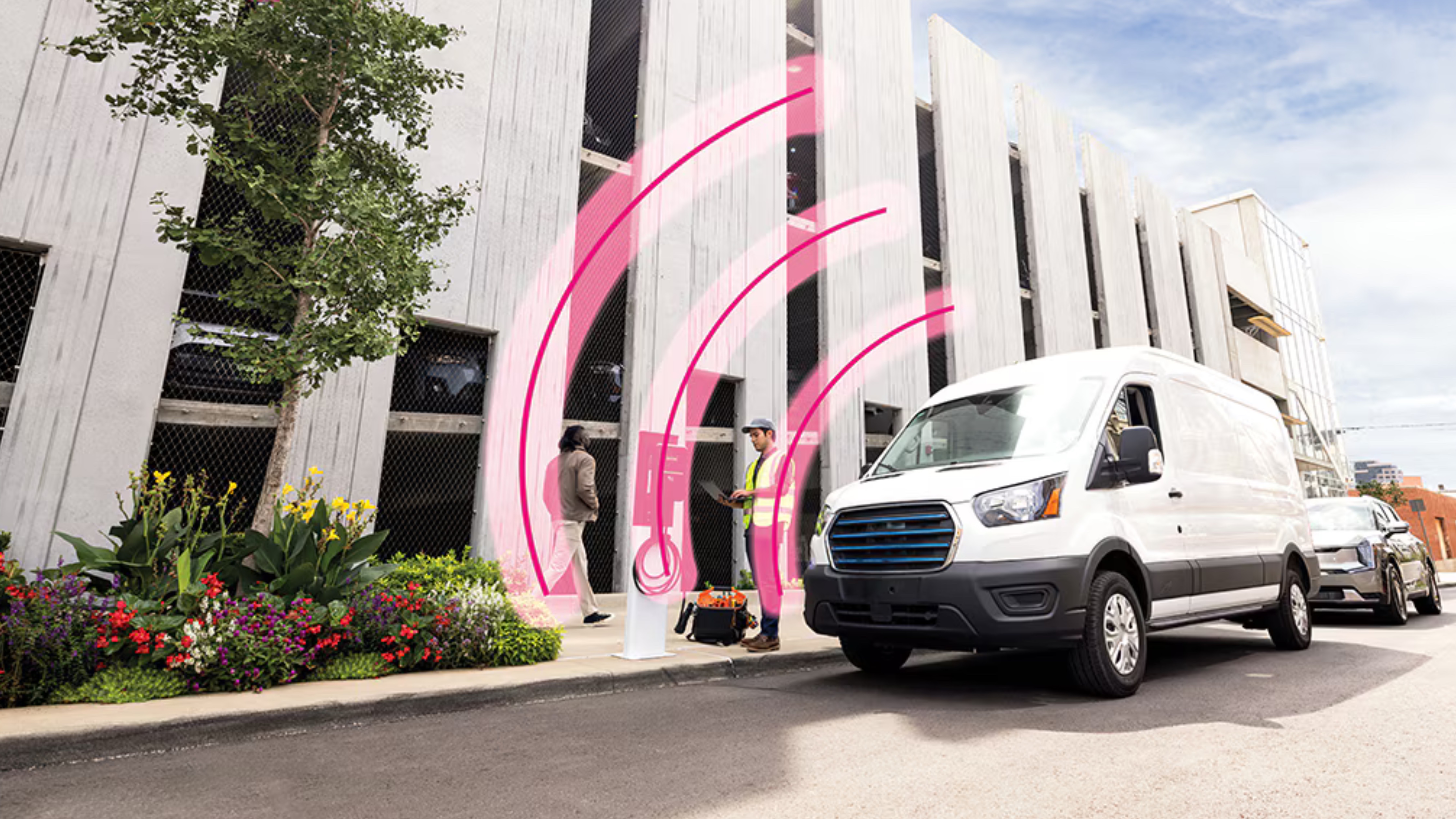
What you need to know
- A company in Jacksonville, Florida will use a private 5G network from T-Mobile to operate autonomous vehicles.
- The shuttles will run on a loop between EverBank Stadium and a new waterfront, fitting into the existing Jacksonville public transit network.
- Due to limitations with Wi-Fi and cellular, 5G is needed to ensure that fleets of autonomous vehicles are reliable and scalable.
5G was billed as the future of mobile connectivity, but it hasn't quite lived up to expectations. Now, T-Mobile is looking to showcase one of the key applications of 5G by bringing autonomous vehicles to Jacksonville, Florida.
T-Mobile announced in a press release that it's working with Miller Electric Company to bring fully autonomous shuttles to a three-mile strip in Jacksonville. These bus-shaped shuttles will use T-Mobile's Advanced Network Solutions (ANS) to connect to a private 5G network, as the companies say that existing standards, such as Wi-Fi, aren't as reliable or scalable as 5G.
“5G is the key that will unlock the autonomous vehicle future that science fiction has teased us with for years,” said Mishka Dehghan, an SVP at T-Mobile Business Group, in the release.
In this specific project, self-driving shuttles will connect the EverBank Stadium in Jacksonville to the new waterfront project, and they are set to hit the streets in mid-2025. The private 5G network will require new infrastructure, but it will be designed in tandem with existing power and fiber plans that are set to become part of the waterfront project. They fit into the city's "Ultimate Urban Circulator" plan and are just the first phase. Eventually, Jacksonville wants self-driving shuttles to connect neighborhoods.
The private 5G network supported by T-Mobile "will deliver highly secure, reliable two-way communications between the shuttles and the command center." It will also share "real-time telemetry data from onboard sensors as well as audio and video feeds to connect employees with passengers."
It's possible that this Jacksonville project is just the start of new plans supported by the speeds and reliability of 5G. At least, that's what T-Mobile is hoping for. The company ends its press release by directing cities and government departments interested in similar projects to its enterprise site. If 5G isn't the technology that makes our phones faster, could it be the standard that makes self-driving cars a reality? We'll have to wait until mid-2025 to find out.







